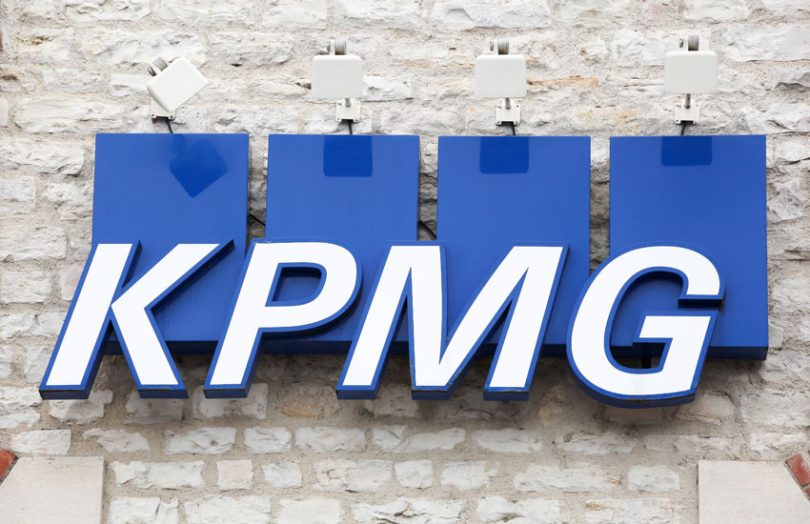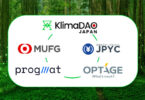Earlier this week, KPMG announced the launch of a blockchain Climate Accounting Infrastructure (CAI) designed to enable KPMG’s clients to more accurately measure and manage their greenhouse gas emissions. The new blockchain platform addresses the increasing demand for corporations to report sustainability practices and meet environmental, social and corporate governance (ESG) targets.
The solution enables a transparent disclosure to investors of ESG progress and helps to track greenhouse gas emissions. To support reliable and transparent reports of data emissions, “CAI will integrate an organization’s existing systems, including IoT sensors, with external data sources to establish a verifiable trail of emissions and offsets recorded on blockchain”. Other sources of data and analytical models will also be used to draw the effect of climate risks on business operations and financial performance.
KPMG collaborated with Context Labs, Prescriptive Data and Allinfra, for the project. Context Labs is a blockchain firm that provides data provenance, confirming from where the information came. Prescriptive Data has a software solution that tracks building operations, including power consumption and emissions using IoT devices. We’ve previously written about Allinfra, a blockchain firm that aims to tokenize infrastructure and environmental assets. Apart from tokenizing solar panels for a Hong Kong real estate investment trust, it participated in a use case for Singapore’s central bank digital currency trials.
Article continues …

Want the full story? Pro subscribers get complete articles, exclusive industry analysis, and early access to legislative updates that keep you ahead of the competition. Join the professionals who are choosing deeper insights over surface level news.






